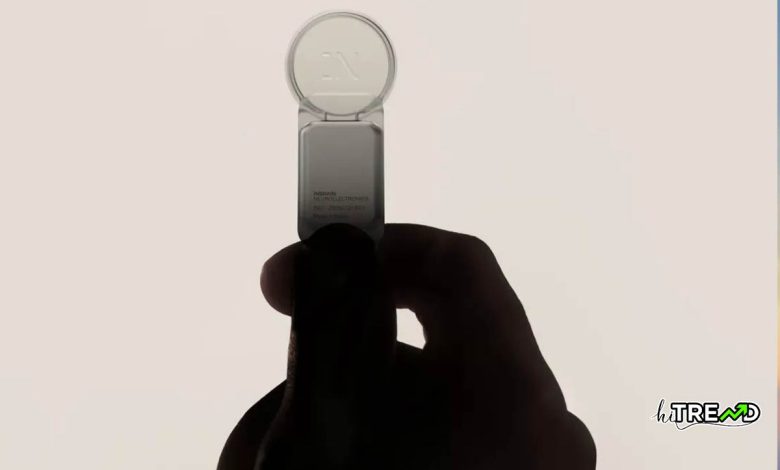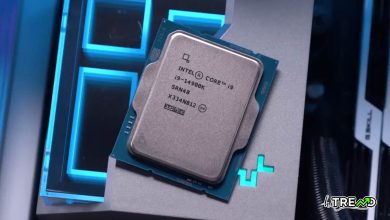Breakthrough graphene brain implant preps for first human test, could treat Parkinson’s disease

WHAT JUST HAPPENED? A cutting-edge brain-computer interface made from graphene is gearing up for its first test run in actual human patients this summer. The implant, created by the Barcelona startup Inbrain Neuroelectronics, could eventually allow for next-level treatment of neurological conditions like Parkinson’s disease.Breakthrough graphene brain implant preps for first human test, could treat Parkinson’s disease
You can read more Technology articles
Most existing brain implants use metal electrodes to monitor brain activity and enable mind-machine communication. But the graphene chips cooked up by Inbrain provide some key advantages over the old-school metal tech.
For one, as Inbrain CEO Carolina Aguilar told IEEE Spectrum, graphene doesn’t suffer from “faradaic reactions” that degrade metal electrodes over time when they’re exposed to the brain’s conductive bio-fluids. Since it’s basically just pure carbon, graphene can stimulate neural tissue for longer without its performance decreasing – that’s with 200 times more charge, too.
The graphene chips made by Inbrain consist of “graphene dots” that range in size from 25 to 300 micrometers. Meanwhile, the chip as a whole, manufactured on a wafer using traditional semiconductor technologies, is 10 micrometers thick. The small scale allows incredibly precise two-way communication between the implant and individual neurons. The chip also features a neural processor with a wireless rechargeable battery that powers signal processing.Breakthrough graphene brain implant preps for first human test, could treat Parkinson’s disease
Inbrain’s first test of its potentially game-changing neural interface will happen soon at the University of Manchester. Neurosurgeons there will use the graphene chip as an interface to guide them during brain tumor removal operations. The implant will help differentiate between tumors and areas controlling speech, cognition, and other vital functions.
Aguilar told the publication that Inbrain has already run biocompatibility tests on its graphene chips in large animals over the last three years, so the startup is confident the upcoming human trials will be a success.
Brain surgery is just the first step. Inbrain’s ultimate goal is to use their graphene wizardry to tackle Parkinson’s and other neurodegenerative diseases. The chip can interface with the brain’s movement control pathways and decode neurological signs like tremors and muscle rigidity. Since it’s all done in real-time with micrometric precision, the implant could help optimize medication dosages for Parkinson’s patients.
Inbrain’s Parkinson’s ambitions have already earned them a “Breakthrough Device Designation” from the FDA. If human trials go well, the startup could be on the fast track to upgrading brains with futuristic graphene circuitry. Diseases that have confounded doctors for centuries might finally get remapped and reprogrammed.
Follow HiTrend on X





